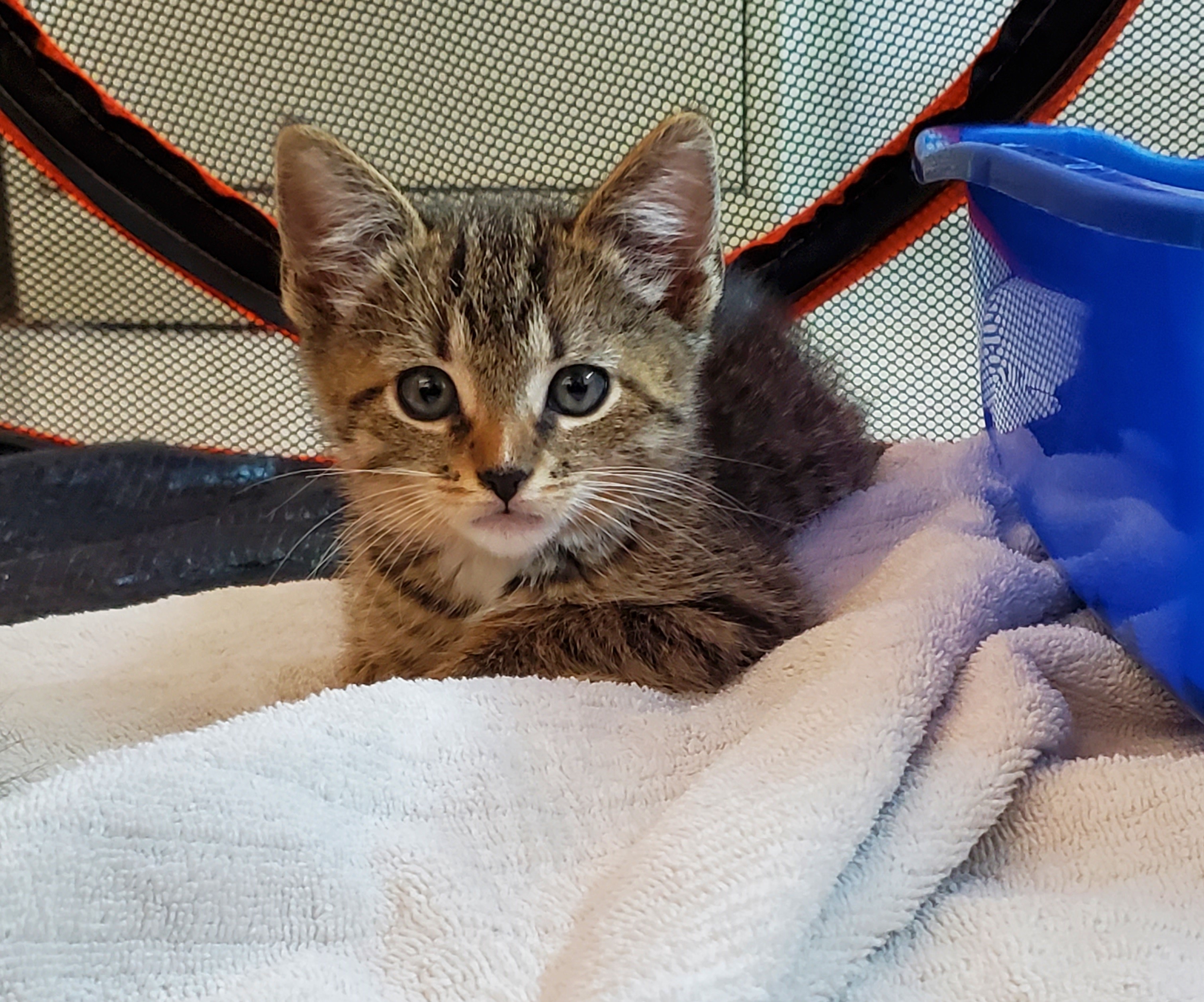Kittens are adorable, tiny creatures who provide hours of entertainment. They nap in the strangest places, purr, cuddle, play, explore their surroundings, and develop bonds with those they live with. For the most part, this is an accurate portrayal of life with kittens, and their occasional mischievous antics are easily forgiven due to their charm. However, there is one behavior that can sometimes test your patience: biting.
Understanding the reasons kittens exhibit biting behavior is crucial for successfully navigating this phase. The kitten biting phase is entirely normal, and with appropriate handling, it remains a phase. If not addressed correctly, it could develop into a more significant issue in adult cats.
Why Do Kittens Bite?
- Exploration: Like many other species, kittens explore their world using their mouths as one of their primary senses. It is a natural part of their early development. Additionally, teething can lead to biting as incoming teeth cause discomfort.
- Predatory Instincts: Kittens are born with hunting instincts, and biting is a fundamental part of their hunting skills. As they grow, they tend to practice these skills on moving objects, including human hands and feet.
- Play: Play is essential for kittens’ development, but they also need to learn when play is too rough. Learning what is too rough is a vital lesson often taught by siblings and housemates. Without other cats or dogs, humans become the educators.
- Setting Boundaries: Kittens may bite to communicate boundaries. This may be a response to being on the receiving end of rough play with other pets and humans in the house. Biting can be a way of expressing that they do not want to engage in play or interaction at that moment.
- Fear: Fear can add to a kitten’s biting behavior. Biting serves as a defense when faced with frightening situations. Keep in mind with every kitten, as brave as they seem, everything is a new experience with the potential to be scary.
- Attention-Seeking: Kittens may bite to gain attention. If they receive attention or a strong reaction when they bite, it can become a fun game to get more attention and pass the time during the day.
Prevention
Understanding the reasons behind kitten biting does not make the discomfort of those tiny teeth any less painful, but it does help prevent them from involving you in their biting games. Preventing unwanted behavior starts with the basics, including providing high-quality nutrition, clean and accessible litter boxes, safe spaces, elevated spots, and affection.
Providing appropriate toys and playtime is crucial in preventing painful interactions. Interactive play allows kittens to learn, exercise, and satisfy their hunting instincts. Stuffed toys or wands with feathers are excellent alternatives to human hands and feet. Toys can even be made by stuffing long socks or purchasing larger kitten-specific toys, allowing your kitten to grab, bite, and kick. Mental stimulation is also essential. Store bought or homemade puzzle feeders can engage hungry kittens and encourage the development of mental and hunting skills.
Making It Stop
While biting during play or attention-seeking is normal for kittens, the key is the response they receive. If a kitten starts to bite, immediately stop the activity and disengage. This teaches them that biting leads to the end of fun. The same can be said for attention-seeking biting. Giving them any response can teach them biting gets them the attention they are seeking. Use one of the toys listed above to redirect and provide an appropriate biting activity.
When fear is the cause of biting, remove the stressor. Biting usually stops once the source of fear is gone. Remember that kittens find new experiences scary, so introduce them slowly. Create a low-stress environment with hiding spaces to help reduce overall kitten stress.
What To Avoid
Punishment is not recommended as it limits skill development and may damage the bond with your kitten. Keep in mind these are normal behaviors for developing kittens and they simply need to be taught the appropriate outlet. Punishment does not provide the whole lesson. Loud noises, water squirting, and pushing your kitten away are also discouraged, as they can lead to other undesirable behaviors.
Encouraging rough or mouthing play can reinforce these tendencies and potentially result in biting behaviors in adult cats. Provide a safe environment with plenty of play, affection, and essential needs met to build a strong, lifelong bond with your kitten.
If biting becomes excessive or the above strategies do not improve, seek guidance from your veterinarian or their team.



